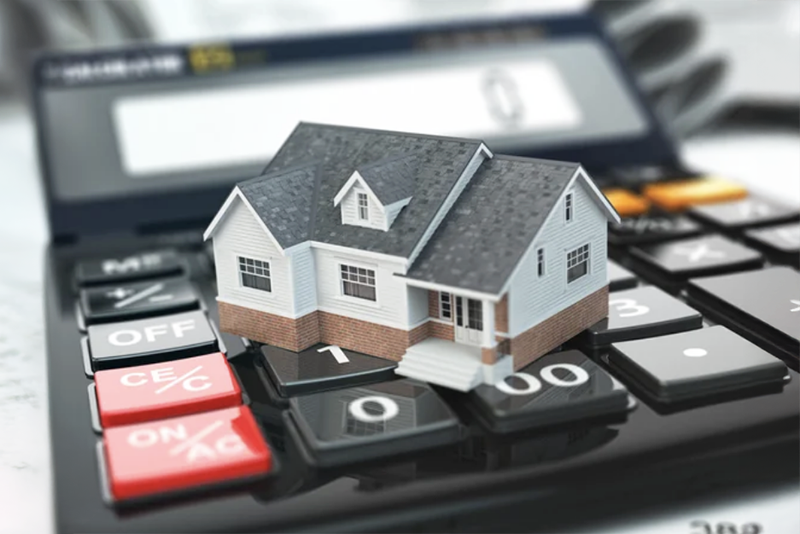Lawmakers in Illinois have been debating a new idea to raise money for struggling public transit systems in the Chicago area. The proposal calls for adding a new tax on home sales in the suburbs. The plan would charge $3 for every $1,000 of a home’s value when a property is sold. For example, if someone sells their home for $300,000, they would owe about $900 in extra taxes.
This idea was presented as part of a larger “rescue package” for Chicago-area transit, but it stirred up a lot of pushback right away.
Who Would Be Affected
This tax would not apply inside the city of Chicago because the city already has its own transfer tax on property sales. Instead, the tax would hit the suburban counties around Chicago, including Cook County (outside of city limits), DuPage, Kane, Lake, McHenry, and Will counties.
These areas are home to millions of residents who are already dealing with some of the highest property taxes in the country. For many homeowners, the idea of paying even more when they sell their homes feels unfair, especially because the tax money would not directly benefit their own neighborhoods—it would go toward bailing out regional transit agencies.
Why Critics Are Concerned
Opponents of the plan argue that adding another layer of tax will make it even harder for people to buy and sell homes. Property taxes in Illinois are already among the highest in the nation, and the cost of selling would rise even more under this plan.
For example, selling a median-priced home in DuPage County would cost around $1,335 in new taxes. In McHenry County, the tax would be about $1,140 on the average home sale. Critics say this functions like an “exit tax,” punishing people when they try to move.
That could have a ripple effect. If fewer people sell their homes, there will be fewer homes available for first-time buyers. Younger families trying to buy their first house may find even fewer options, which could drive up prices and limit growth in already tight markets.
Risks for Housing and the Economy
The tax could slow down housing activity in an area that already faces major shortages. Illinois has lagged behind other states in building new homes, and experts estimate the state needs hundreds of thousands of new units by 2030 to meet demand. Adding a tax that makes moving more expensive could worsen the shortage.
The slowdown wouldn’t just hit the housing market. Every home sale usually sparks other types of spending—on moving companies, furniture, appliances, and renovations. If people feel stuck in their homes, that economic activity shrinks too.
Meanwhile, the regional transit systems that this tax is supposed to support face long-term financial problems. Critics argue that taxing suburban homeowners is a temporary fix that doesn’t solve the deeper issues with how these agencies are managed and funded.
What Leaders and Residents Are Saying
Illinois House Speaker Chris Welch has already called the proposal “dead on arrival,” signaling that lawmakers are not eager to move forward with it. Many suburban leaders and organizations, such as realtor groups, have spoken out against the tax. They warn that it will reduce affordability, lock people into homes they want to leave, and discourage new buyers from entering the market.
Instead of pushing a new tax on suburban homeowners, critics believe lawmakers should focus on reforms that make housing more affordable and available. Expanding housing supply, encouraging growth, and finding more sustainable ways to support transit are seen as better solutions.






